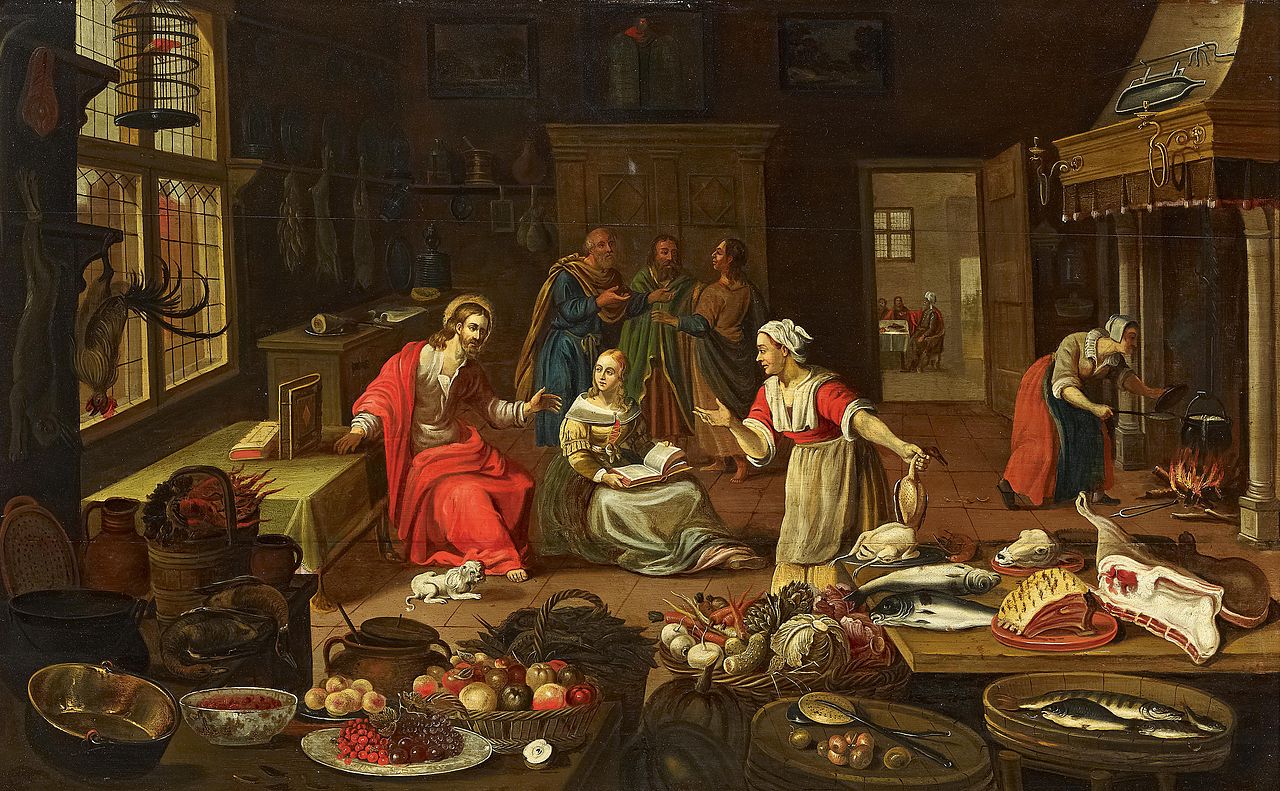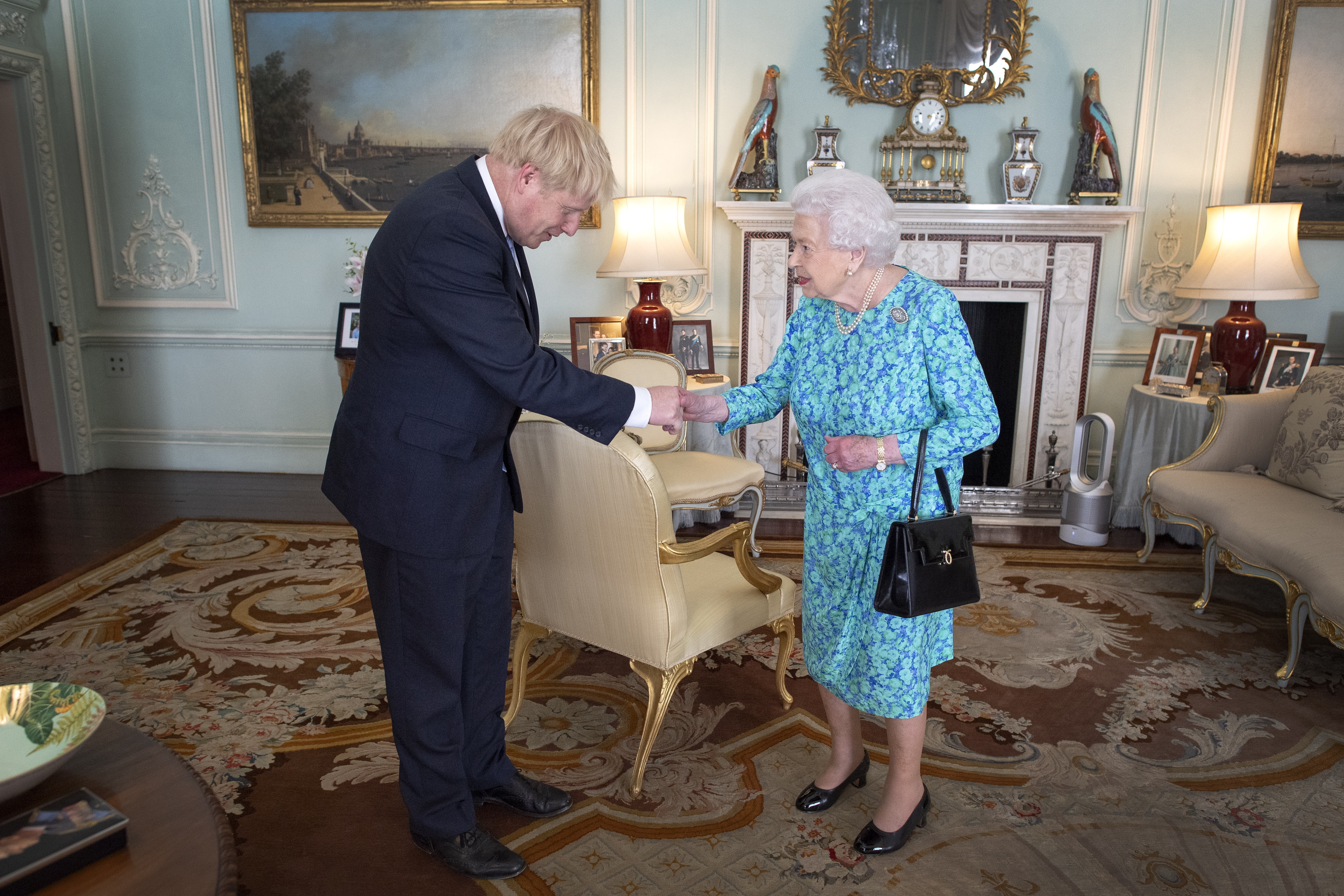Are the Queen's constitutional advisers thinking along the following lines? In 1975 the Governor-General of Australia, Sir John Kerr, dismissed the Prime Minister Gough Whitlam from office, and appointed the Leader of the Opposition, Malcolm Fraser, in his stead. It caused a huge storm, from which the dust has hardly yet settled.
Sir John was bound by provisions in the Australian constitution only to act on the advice of the Prime Minister of the day, who would hardly recommend his own sacking. But the Governor-General also had so-called "reserve powers", largely unspecified, and it was under these that he proceeded. Whitlam had no majority in the senate, the upper house of the Australian Parliament, and so could not guarantee "supply" – the necessary rock-bottom financing of government. When the senate repeatedly refused to agree a budget, the Governor-General decided the basis of the government's legal right to remain in office had been undermined.
Ironically, Whitlam also had the right to advise the Queen to dismiss the Governor-General, but Sir John Kerr got in first. Buckingham Palace wisely kept out of the ensuing furore, though it is recorded that the Prince of Wales later wrong a consoling and encouraging note to him. There was no suggestion from the Palace that he had acted improperly, beyond his powers, though it was widely felt in Australia he had not handled the crisis well.
This is highly relevant to the coming constitutional crisis in the United Kingdom, as it sets a precedent under which, in certain circumstances, the Queen could dismiss Boris Johnson from office. She is bound by the same constitutional convention to act only on the advice of the Prime Minister, but – and it is a very big but – she has the same reserve powers as a Governor-General of one of her Dominions.
What are these reserve powers? It seems to me that the British, and all the other countries of which the Queen is head of state, have neglected to pay attention to the fundamental basis of constitutional monarchy. The Queen is the ultimate guarantor of constitutional legitimacy. The reason this point has been missed is because the source of her authority lies in her Coronation Oath, which she swore during the Coronation Service in Westminster Abbey on June 2 1953. It was a long time ago. Everyone has forgotten about it, if they ever knew, except, I would strongly suppose, Her Majesty herself.
For her, the mists of time have obscured nothing. She has kept faithfully to that Oath ever since. It is worth remembering that Presidents of the United States and other republics like France are legally obliged to swear a solemn oath on taking office, to uphold the constitution. The British do not have a constitution like that, they have a coronation instead. But it is the same deal.
In the Coronation Service in Westminster Abbey in 1953, the Archbishop of Canterbury, Dr Geoffrey Fisher, formally asked her: "Will you solemnly promise and swear to govern the Peoples of the United Kingdom of Great Britain and Northern Ireland, Canada, Australia, New Zealand, the Union of South Africa, Pakistan, and Ceylon, and of your Possessions and the other Territories to any of them belonging or pertaining, according to their respective laws and customs?" And she replied "I solemnly promise so to do.”
There were other parts of the oath, relating to protecting the status of the Church of England, and when they were complete she knelt upon the steps of the high altar; the Bible was presented to her and she placed a hand on it; and then declared: "The things which I have here before promised, I will perform and keep. So help me God." The Queen then kissed the Bible and signed the Oath. The relevant phrase here is "to govern the Peoples of the United Kingdom of Great Britain and Northern Ireland... according to their respective laws and customs." It is not a dead letter.
She governs through ministers of the Crown, who are answerable to Parliament. But their appointment is in the context of the Coronation Oath. If they were proposing to do something contrary to the "laws and customs" of the land, she would of course advise them not to. If they persisted, however, she would no doubt point out, or someone would point out on her behalf, that she had the ultimate right to insist, and that indeed her Oath gave her a duty so to do, including as a last resort dismissing ministers from office. And no-one in the entire Kingdom has a greater sense of public duty than she.



 Loading ...
Loading ...
What do you think?
You can post as a subscriber user ...
User comments (0)